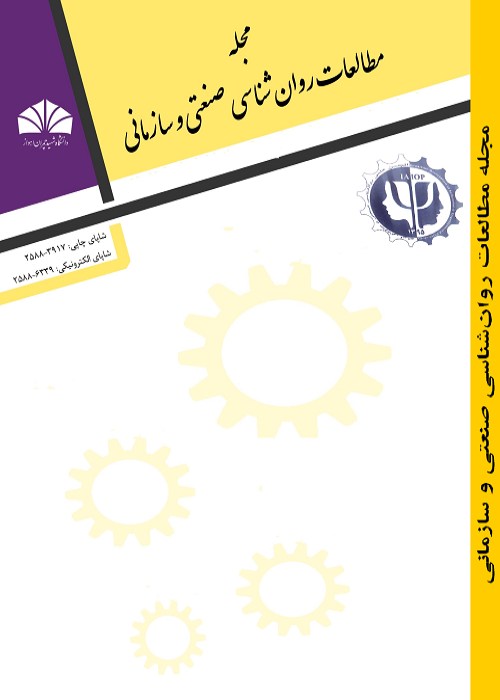Identifying Human Capital Enablers in Regards to Performance of Cultural Organizations
Employees of cultural organizations have characteristics that set them apart from other employees. Therefore, the development of human capital requires a specific model. The purpose of this study was to identify key themes of human capital development for empowering employees to enhance performance of cultural organizations, determine value and prioritize each theme.
This study was a mixed method study. The qualitative phase was carried out through the qualitative content analysis of the sources and articles presented in 2014 and later. Quantitative phase of fuzzy Delphi method was used. The statistical population consisted of 50 professors, managers and cultural experts. The sample size was 12 persons eligible for Delphi method. The qualitative section was based on qualitative content analysis and data coding and categorization. In the quantitative section, the results of the content analysis were fuzzy Delphi exposed to the opinions of experts, analyzed with triangular fuzzy techniques and prioritized.
The results indicated that the development of human capital in cultural organizations should shift towards cultural employees. The themes obtained for the development of human capital were in order of priority, the general conditions of employees (motivational) with a definite value of 8 out of 10, organizational culture with a definite value of 7.92 out of 10, moral intelligence with a definite value of 7.56 out of 10, cultural intelligence with a definite value of 6.92 out of 10 and spiritual intelligence with a definite value of 6.27 out of 10.
Categories of general conditions include: human resource planning, personal characteristics, job capabilities, organizational conditions and management techniques. Organizational culture includes the categories: mission, adaptation, engagement, adaptability, power distance, unceraintity avoidance, future-orientation, individualism/ collectivism, avoidance of extravagance, femininity/masculinity, and symbolism. Categories of moral intelligence include; Empathy and vigilance are fair and self-controlled behavior, attention and respect, kindness and patience. Cultural intelligence includes categories of motivational-emotional, metacognitive, cognitive and behavioral, and the categories of spiritual intelligence are self-awareness, spontaneity, central vision, arrogance, altruism, acceptance of difference, independence of opinion, humility, the design of fundamental whys, the ability to change the mental framework and the sense of mission.
- حق عضویت دریافتی صرف حمایت از نشریات عضو و نگهداری، تکمیل و توسعه مگیران میشود.
- پرداخت حق اشتراک و دانلود مقالات اجازه بازنشر آن در سایر رسانههای چاپی و دیجیتال را به کاربر نمیدهد.




